#MHYALit: Before and After, a guest post by Melissa Montovani
**Trigger Warning: This post discusses suicide.**
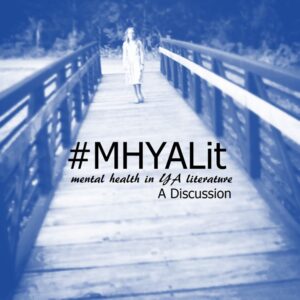 Before:
Before:
It was March 10th, 1995, and my “big” plans for the night involved doing some laundry. I had just started the machine, so the sound of water running was already filling my ears when the phone rang. I remember that my mom answered almost immediately, maybe after the first ring, but definitely before the third. But I can’t remember exactly what she said or how she said it.
What I do remember was a sound that I couldn’t quite place. At first, I thought she was laughing. But there was something odd about it, something that instinctively made me pause what I was doing and walk into my parent’s bedroom. And when I did, the before part of my life began to shatter.
ADVERTISEMENT
ADVERTISEMENT
What I saw wasn’t anything close to happiness. My mom’s face wasn’t lit up from within like it would have been under other circumstances. You see, the sound wasn’t laughter…. If I had to put a name on what I saw, what I heard, it would’ve been a lot closer to hysteria. There were tears rolling down her face faster than she could stop them.
In that moment, she was too distraught to remember where the box of Kleenex was. Or maybe her night table seemed too far away to assuage the onslaught of grief, because I distinctly remember that instead, she pulled up the fitted sheet from the bed and wiped her eyes with it.
And when I asked what was wrong, I remember with crystal clarity her say, “Corrine’s dead.”
After:
It wasn’t until the next day that I learned my Aunt Corrine had committed suicide.
Today, she would’ve been 52 years old.
A little over five years ago, I started YABookShelf.com, in part, because there were all these amazing books on the market, the kind of books that didn’t exist when I was a teen. They explored things that there are no easy answers, even when the person, or character, leaves a note explaining all the reasons why, they’re never enough for the people they leave behind.
Here are some of the books that mean the most to me now as a survivor of a loved one’s suicide:
- Nina LaCour’s Hold Still: This was the first book that I ever had the courage to read on the subject of a teen grieving for her best friend’s suicide.
- Cynthia Hand’s The Last Time We Say Goodbye: An amazing book, the best one I’ve read since Hold Still. It’s about a teen dealing with the guilt she feels over her younger brother’s suicide. It’s also the only one on this list that I’ve read multiple times and I imagine I’ll continue to reread as time goes by.
- Stephen Chobsky’s The Perks of Being a Wallflower: I have too many feels about this book (and the movie) to put them into words fully. It’s a book about a teen with a best friend who killed himself a year before and who has suffered from depression afterward, and so many other things. You should just read it if you haven’t already.
- Michelle Levy’s Not After Everything: A great story about a teen boy who changes everything about the direction his life had been taking after his mother commits suicide without leaving a note while grieving and puts the pieces back in a much different order afterward.
- Amy Zhang’s Falling into Place: Told from an unusual perspective, this is an interesting, nonlinear narrative about why the most popular girl in the junior class ran her Mercedes off the road on purpose.
- Lesley Anne Cowan’s Something Wicked: An edgy YA novel that deals with a character who spins out of control and into depression after she breaks up with a much older, secret boyfriend that doesn’t get enough recognition.
Have you read any of these recommendations? What did you think of them?
 Meet Our Guest Blogger
Meet Our Guest Blogger
Melissa Montovani is the founder of YABookShelf.com and the Teen Publicist for Entangled Publishing. She is an advocate for and reader of YA Literature of all kinds, but she actively seeks out books depicting mental health issues. She lives and works in Toronto, Canada.
Karen’s Note: One of my best friend’s from high school committed suicide on January 1st. It has been a difficult emotional journey for all that loved him. If you or someone you know is considering suicide, please call the Suicide Prevention Hotline at 1 (800) 273-8255.
See all the #MHYALit Posts Here
Filed under: #MHYALit
About Karen Jensen, MLS
Karen Jensen has been a Teen Services Librarian for almost 30 years. She created TLT in 2011 and is the co-editor of The Whole Library Handbook: Teen Services with Heather Booth (ALA Editions, 2014).
ADVERTISEMENT
ADVERTISEMENT
SLJ Blog Network
One Star Review, Guess Who? (#202)
This Q&A is Going Exactly As Planned: A Talk with Tao Nyeu About Her Latest Book
More Geronimo Stilton Graphic Novels Coming from Papercutz | News
Parsing Religion in Public Schools
ADVERTISEMENT


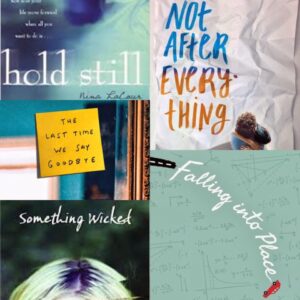

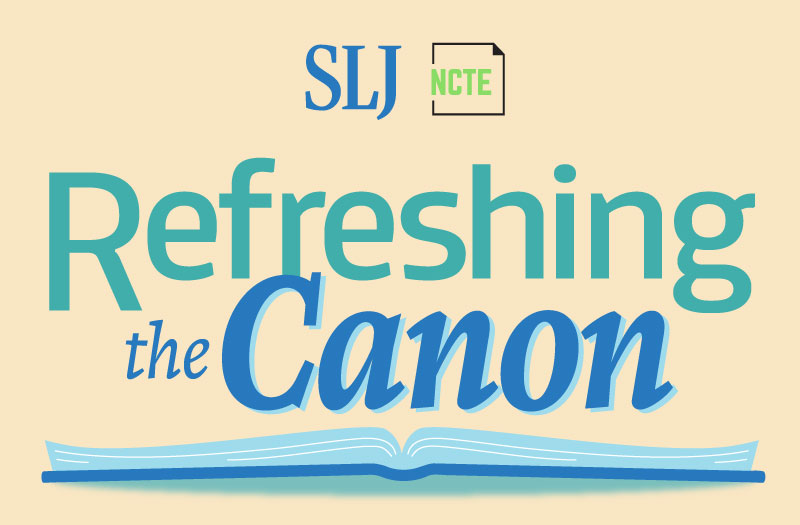
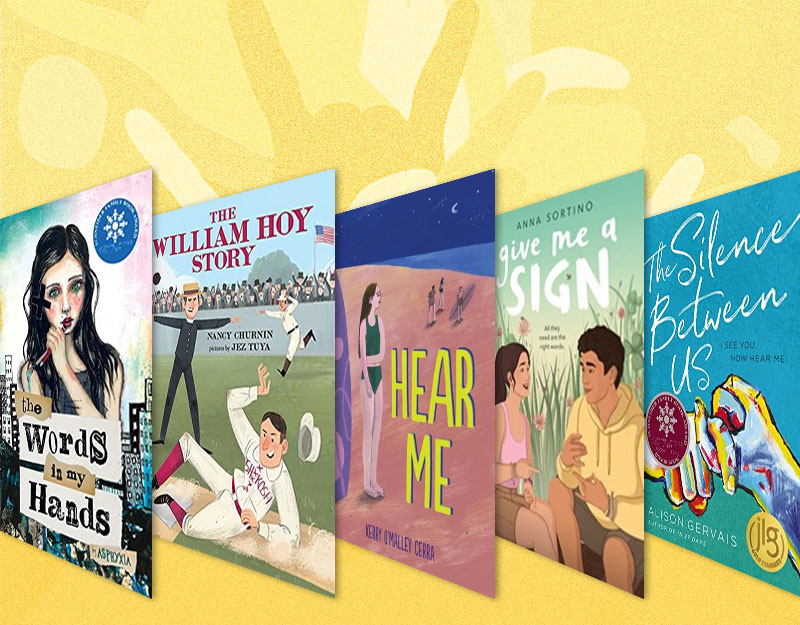
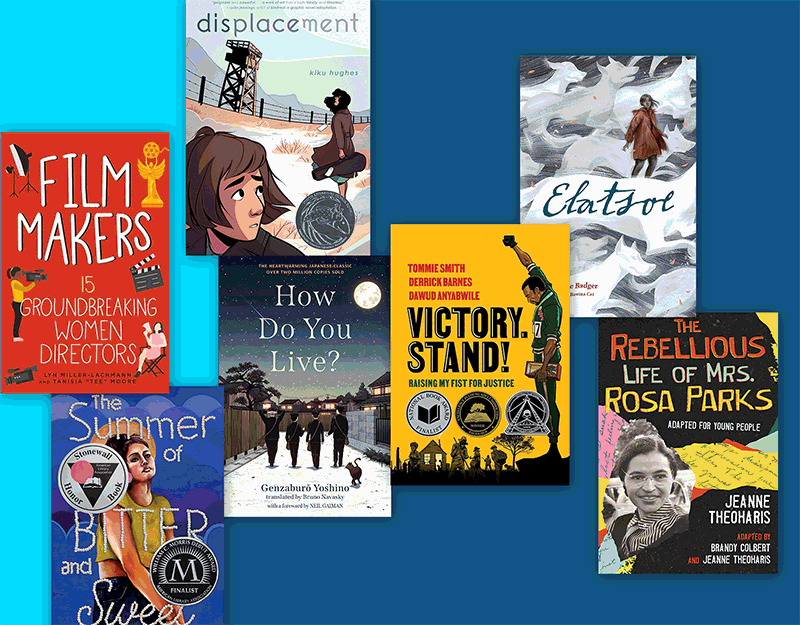
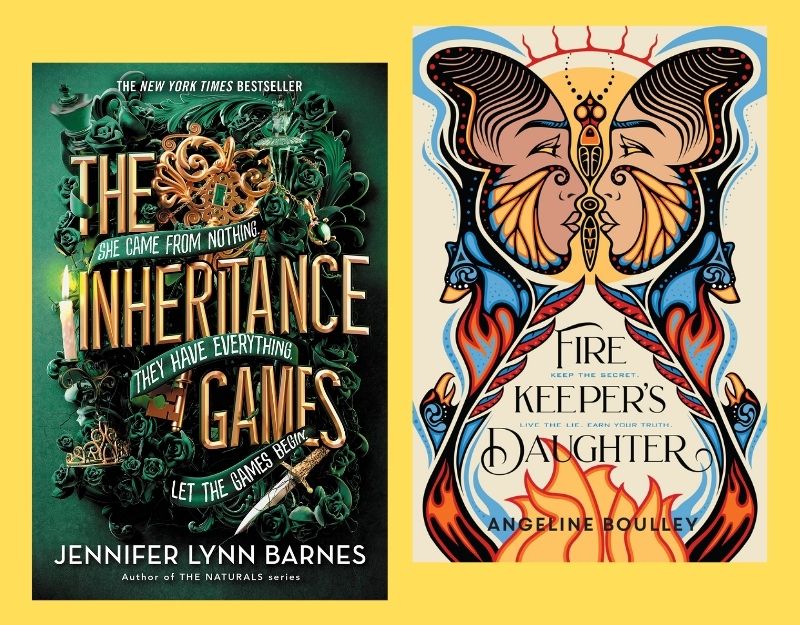
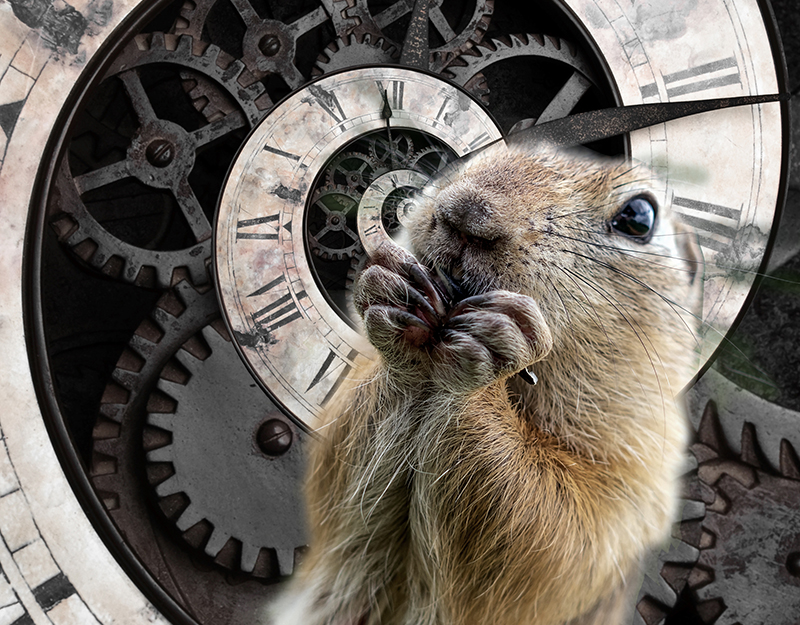
Melissa (and Karen), I am so sorry for your losses. I have read The Last Time We Say Goodbye, but not others. My brother died from bipolar disorder by suicide, and I’m actually in the process of writing something that I hope someday may be a YA book about surviving a sibling’s suicide, so Hand’s book was an interesting take and I think it will be helpful for many suicide survivors. I’m interested to read others on the list.
Ned Vizzini’s It’s Kind of a Funny Story is also groundbreaking, but the fact that he later died from depression by suicide makes it really difficult to recommend anymore.
One thing that I would respectfully ask you both to consider is using the term “die by suicide” rather than “commit” suicide. “Commit” has so many negative connotations in our culture, since you “commit” crimes, “commit” murder, etc. While there are very rare cases of people who choose suicide to escape consequences for crimes, etc., the vast majority of people who die by suicide have brain illnesses that are sometimes lethal, and their deaths are the result of symptoms of their diseases, not a conscious choice made with a sound mind. I think the term “committed suicice” contributes to the stigma of mental illness and incorrectly ascribes blame to people who have suffered from mental illness and died from the symptoms of their diseases. This adds unnecessary pain and shame to the families of those who have died by suicide and, I think, also makes it harder for people to seek help when they experience suicidal symptoms.
(Just a request to consider…I know you are on the side of light – thank you!)
Just re-reading my comment and I want to clarify my comment about Vizzini’s book — the fact that he died from his illness does not in any way invalidate the beauty and worth of the book. I only hesitate to recommend it because I know it offered so much hope to teens with depression and suicidality, and Vizzini’s later death from the disease was devastating to many who had seen him as a beacon of hope. In truth, I think his death reflects the frightening reality that we are still very much in the dark ages regarding effective depression treatments, and even the most committed, vigilant people who fight the disease with every tool in their arsenals sometimes fall victim to it through no fault or failure of their own.
Maura,
I appreciate your comments. I know that there is a lot of dialogue about terminology and how we say that someone died from depression, and different people feel different ways about it. I was so incredibly sad when I learned that Vizzini was no longer with us, and I can understand your concerns about recommending It’s Kind of a Funny Story, but I also think it’s important to note that this is a post about the books that Melissa shares that she most connected with during her time of grief and that is a valid viewpoint. I am so very sorry to hear about your brother and send you a ton of cyber hugs. And wish you well writing your book.
Peace to you,
Karen
Thanks, Karen. I didn’t at all intend my comment to invalidate Melissa’s viewpoint – I appreciate her sharing these great books I did not know about, and I am grateful for her sharing her story of surviving a loved one’s death by suicide.